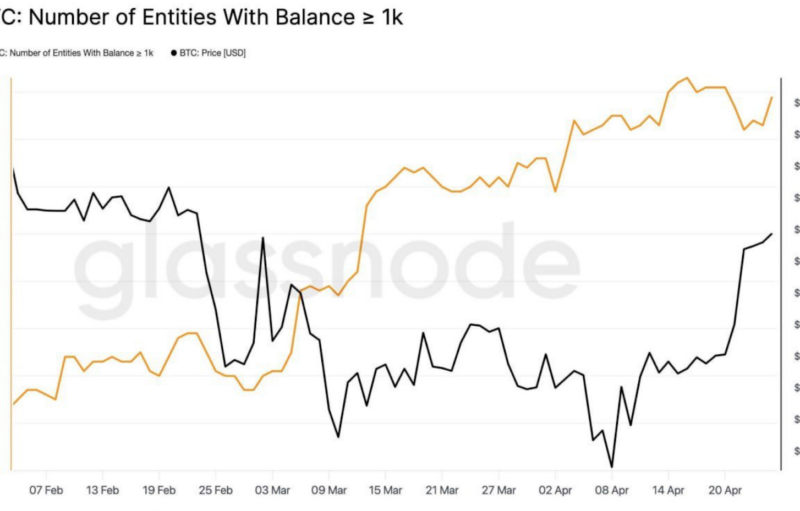
According to a press release dated August 21, 2019, the U.S. Treasury Department has blacklisted three Chinese citizens and one Chinese Entity for allegedly leading an online-based drug trafficking organization that was smuggling opioids inside the US. Criminals have been blacklisted and personal data have been disclosed including several bitcoin addresses and one litecoin address.
Buy Drugs with Bitcoin? Think Twice!
The U.S. Department of the Treasury’s Office of Foreign Assets Control (OFAC) alongside with the Treasury’s Financial Crimes Enforcement Network (FinCEN) has announced in a note released on August 21, 2019, to bring additional financial pressure upon those who manufacture, sell or distribute synthetic drugs or their precursors’ chemicals.
The Offices, in a coordinated action, have identified three Chinese citizens member of the Zheng Drug Trafficking Organization (DTO) as foreign narcotics traffickers pursuant to the Foreign Narcotics Kingpin Designation Act (also known as Kingpin Act). Fujing Zheng, Guanghua Zheng, and Xiaobing Yan have been blacklisted for significant drug trafficking and support to the illegal activities of the criminal organization. Alongside them, OFAC has also designated an additional Chinese entity, Qinsheng Pharmaceutical Co. Ltd, for being controlled by Fujing Zheng himself.
According to Sigal Mandelker, Under Secretary for Terrorism and Financial Intelligence, Zheng drug cartel “has shipped hundreds of packages of synthetic opioids to the U.S., targeting customers through online advertising and sales, and using commercial mail carriers to smuggle their drugs into the United States.”
Directed by Fujing Zheng, the Zheng DTO manufactures and distributes hundreds of controlled substances, including fentanyl analogs such as carfentanil, acetyl fentanyl, and furanyl fentanyl. Reportedly, Zheng created and maintained numerous websites to advertise and sell illegal drugs in more than 35 languages. The Zheng DTO touted its ability to create custom-ordered drugs and avoid detection from customs and law enforcement officials when shipping the drugs through express mail and the U.S. Postal Service.
As a result of the investigation, all properties and interests in the U.S. of these alleged drug smugglers have been frozen. Email addresses, numbers, and other passport information have been disclosed in order to encourage any useful additional reporting.
Alongside this personal information, the U.S. Department of the Treasury also disclosed several bitcoin addresses, as well as one litecoin address, that allegedly belongs to the criminals. Data available here.
Bitcoin Is Not Anonymous
This episode signs the second time the U.S. Office of Foreign Asset Control (OFAC) has linked bitcoin addresses to specific individuals that the Office claimed to have undertaken illegal activities. Back in November 2018, OFAC had already blacklisted addresses of two Iranian individuals, Mohammad Ghorbaniyan and Ali Khorashadizadeh, for facilitating ransom payments made in bitcoin.
With the latest U.S Treasury actions which displayed their ability to reveal the true identities of individuals using the Bitcoin blockchain network, it brings a question on how private Bitcoin transactions genuinely are.
A problem that had already been raised by NSA Whistleblower Edward Snowden who claimed that bitcoin alleged anonymity is highly misleading. Indeed, according to Snowden, as the owner converts the cryptocurrency into fiat, law enforcement agencies could easily discover and identify the identity of the owner.
Like BTCMANAGER? Send us a tip!
Our Bitcoin Address: 3AbQrAyRsdM5NX5BQh8qWYePEpGjCYLCy4
Source: BTCManager.comThe post appeared first on XBT.MONEY






